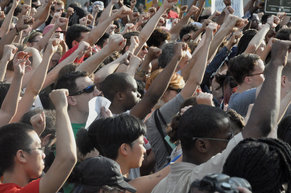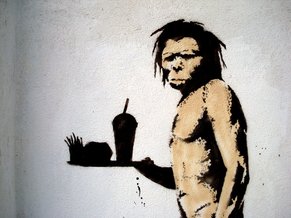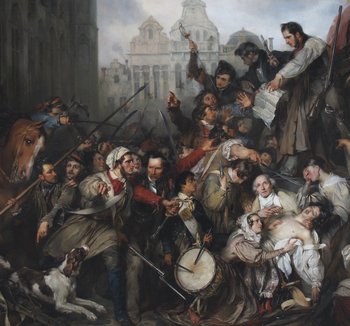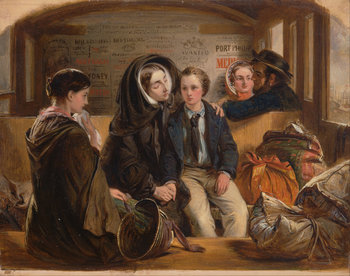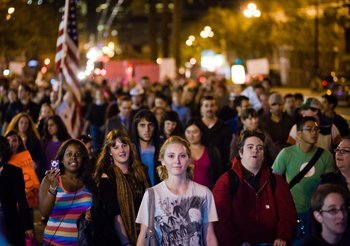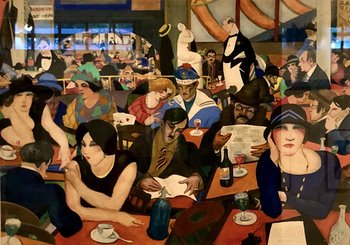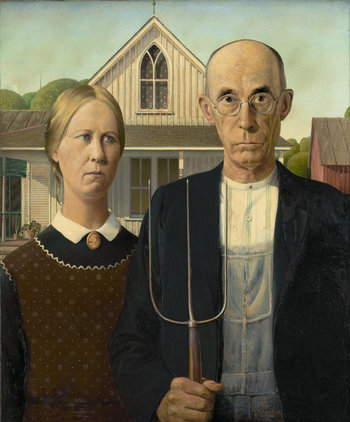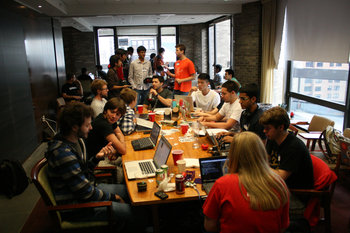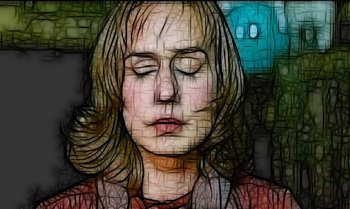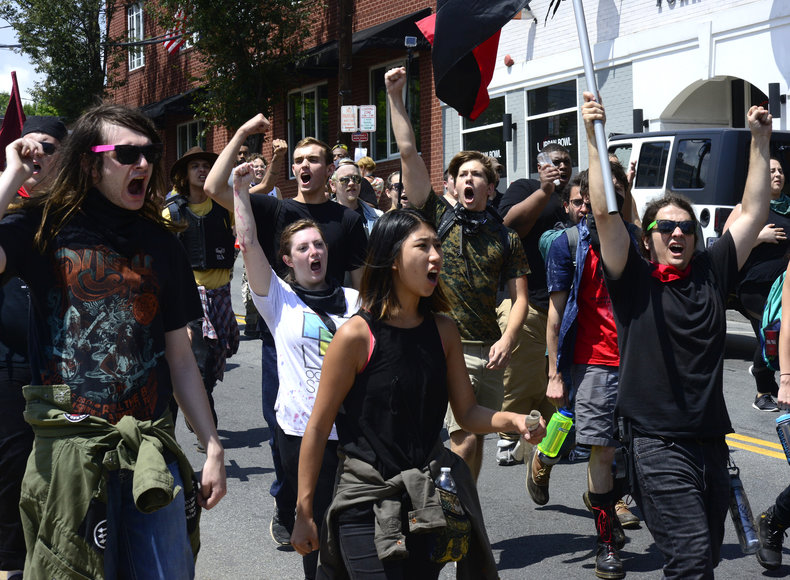
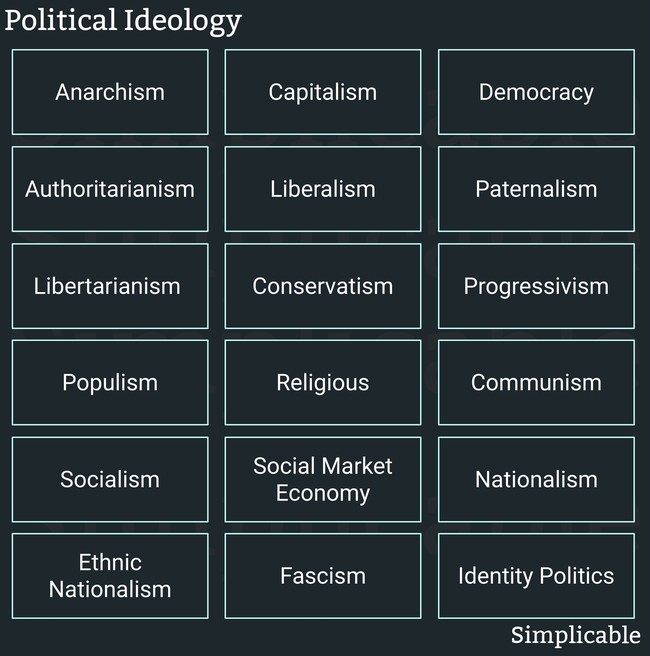
Anarchism
Anarchism is the rejection of all involuntary power structures and authority. This would give people the right to opt out of societies and freely form their own associations.Capitalism
Capitalists believe that economic rights and freedoms allow people to thrive and pursue happiness as they see it. In practice, capitalism completely breaks down without government regulation due to factors such as anti-competitive practices. As such, capitalists may accept that some limits to economic freedom such as taxes and regulations benefit all. Capitalists that reject this notion resemble anarchists.Democracy
Democracy is the principle that all should have the rights and freedoms required to fully participate in the political process without the right to opt-out provided by anarchism. This includes the right to vote, freedom of speech, freedom of association, freedom of the press and the right to run for political office.Authoritarianism
Authoritarianism is the view that absolute or strong power should be vested in a single authority such as a monarch, dictator, committee, bureaucracy or technocracy.Liberalism
Liberalism is the prioritization of rights and freedoms and embrace of democracy and capitalism.Paternalism
Paternalism is the view that the state is responsible for the success or failure of each individual such that it should extensively intervene in each individual's life. This views individuals as having low agency and places a low priority on freedom.Libertarianism
As with liberalism, libertarianism prioritizes rights and freedoms. It can be viewed as intense liberalism. Liberals often represent the status quo democratic government that often borders on paternalism. Libertarians are more serious about autonomy and freedom from the state. In some cases, they advocate alternatives to democracy such as anarchism.Conservatism
Conservatism is the prioritization of stability. This is strongly associated with the view that the past was good such that aggressive departures from tradition are viewed negatively.Progressivism
Progressivism is the embrace of aggressive change. This is associated with the view that the past was miserable or at least that progress has dramatically improved things. Beyond aggressive change, progressives don't have much of a defining ideology. Progressives variously align to liberalism, paternalism, socialism, anarchism or new forms of authoritarianism such as a technocracy.Populism
Populism denotes any popular position that runs contrary to the established direction of society under the influence of a political, bureaucratic or social elite.Religious
The belief that a government should be run according to the teachings of a religion. This has many variations. Many countries have a legal framework such as a constitution that requires the separation of church and state.Communism
Communism is the belief that the state should own all capital and enforce absolute economic sameness such that nobody is allowed to get ahead of anyone else. This removes the profit motive and assumes that people want to contribute labor for the greater good through purely altruistic motives. Alternatively, it may assume that the state will essentially force people to work.Socialism
Socialism is essentially another word for communism. Generally speaking, it is used to refer to the removal of economic rights and freedoms in order to create sameness across a community or society. Socialists may advocate for state ownership of all capital or adopt gentler approaches such as income redistribution programs.Social Market Economy
A capitalist democracy that uses taxation to support extensive public services in areas such as education, healthcare, housing and income support. This shouldn't be confused with socialism or communism. Social democracies don't force sameness and keep the profit motive intact. However, they use taxation to reduce poverty and provide benefits to the working class. Most developed countries are defacto social market economies.Nationalism
Nationalism is the prioritization of national sovereignty. In other words, prioritization of freedom from outside interference in national affairs.Ethnic Nationalism
Ethnic nationalism is the belief that a nation is based on an ethnicity. This is exclusionary and prone to oppression of minorities or in some cases oppression of a majority. For example, the Apartheid system in South Africa that was in place from 1948 until the early 1990s oppressed the majority of the population.Fascism
A variety of ethnic nationalism that is authoritarian and aggressive on the world stage. Prone to war and severe oppression of minorities.Identity Politics
Politics based on identity factors such as religion, race, social background, class and gender.| Overview: Political Ideology | ||
Type | ||
Definition | A foundational political belief. | |
Related Concepts | ||






